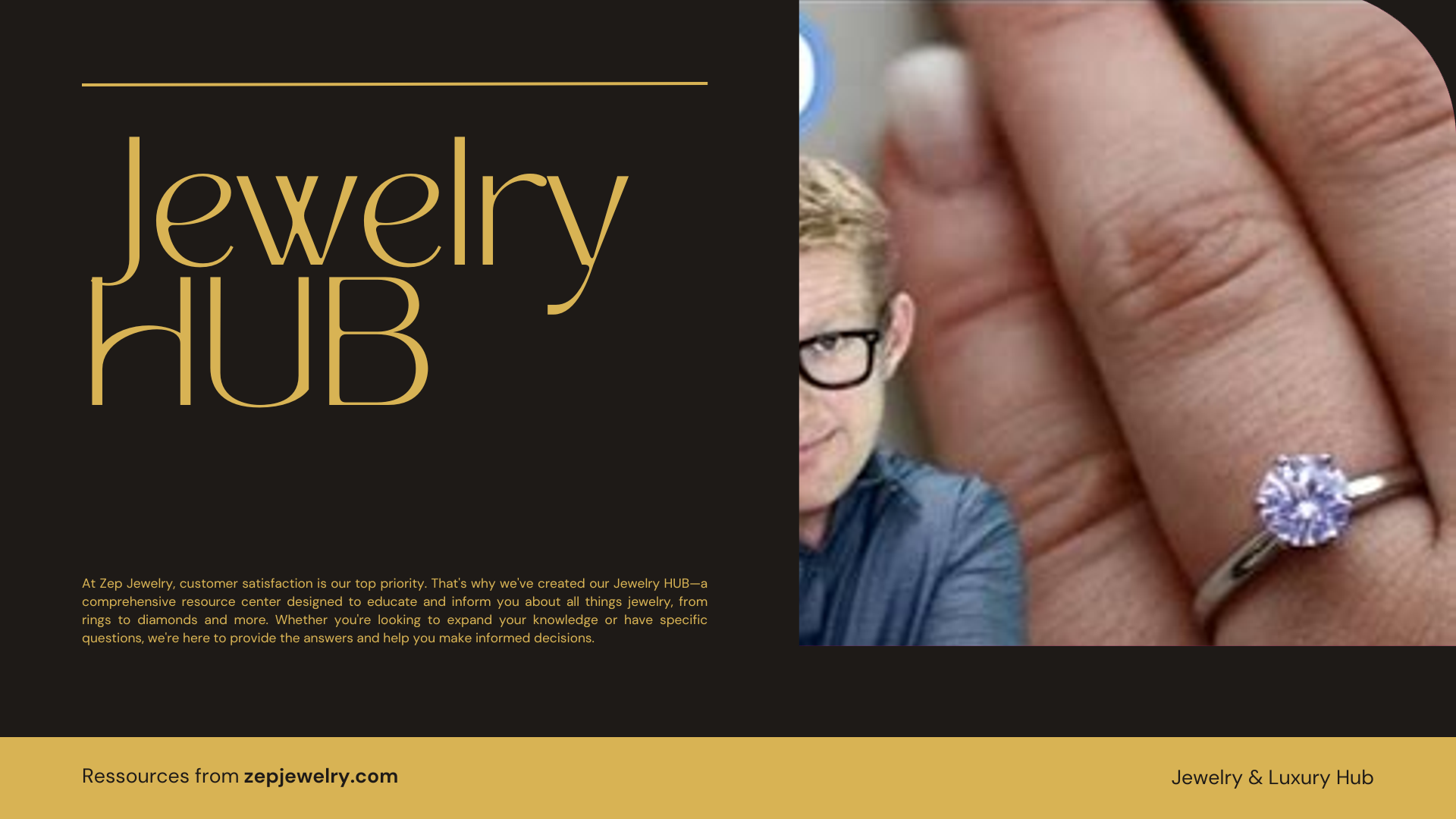Have you ever wondered who actually buys the shimmering treasures draped across velvet counters in your local jewelry stores? The landscape of jewelry buying is as diverse as the pieces themselves, with a spectrum of buyers ranging from discerning local jewelers hunting for exquisite craftsmanship to pawn shops ready to make a quick deal. Understanding who is likely to invest in those beautiful baubles can not only help you appreciate the market but also guide you if you’re considering selling your own cherished pieces. So, let’s dive into the world of jewelry buyers in your area and uncover the cherished secrets behind their sparkling acquisitions.
Who are the primary buyers of jewelry in my area?
The primary buyers of jewelry in your area include a variety of sources such as local jewelers, pawn shops, and online marketplaces, each catering to different needs and selling strategies.
Local jewelers are often the most discerning buyers, actively seeking quality pieces that can be resold in their stores. They typically value the craftsmanship and condition of the jewelry, which can lead to better offers for high-quality items. On the other hand, pawn shops provide a more immediate solution for those in need of quick cash but generally tend to offer lower prices compared to jewelers since their business model relies on resale margins.
In larger markets such as New York City, the landscape becomes even more diverse. Specialized estate buyers and appraisers focus on antique and high-value jewelry pieces, often offering competitive prices influenced by current market trends. These buyers are particularly knowledgeable about valuable items and can provide fair assessments based on both historical significance and contemporary demand.
Online marketplaces also present a modern option for selling jewelry, allowing individuals to reach a global audience. Platforms like eBay enable you to set your price and attract buyers who share an interest in your specific items. However, one should be mindful of listing fees and the potential for negotiation, which might not always yield immediate cash compared to local selling options.
Ultimately, understanding the varied landscape of jewelry buyers can empower you to choose the right avenue for selling your pieces. Whether you are looking for a quick cash transaction or a more lucrative sale, it’s wise to evaluate your priorities and the specific nature of the jewelry you wish to sell.
How can I sell my jewelry without getting ripped off?
To sell your jewelry without getting ripped off, it’s crucial to do some homework beforehand. Start by researching local buyers and gaining a solid understanding of the current market value of your items. This will not only give you a clearer idea of what you can expect but will also empower you during negotiations.
One effective way to establish a baseline for your jewelry’s worth is to obtain an appraisal from a certified jeweler. Certified appraisers can provide you with a detailed assessment of your piece, taking into account factors like quality, condition, and market demand. However, keep in mind that the appraisal value often reflects the retail replacement cost and does not necessarily equate to what you can sell it for.
It’s a smart move to gather offers from multiple venues including jewelry stores, pawn shops, and online platforms like eBay or Etsy. Each option has its pros and cons: while pawn shops may offer quick cash, jewelry stores might provide a better resale price for quality pieces. By comparing these offers, you can better leverage your negotiations and push for a fair price.
Additionally, being mindful of how emotionally attached you are to the jewelry can be helpful. Often, pieces may hold sentimental value that doesn’t translate to market value. Before you sell, set a range of what you are willing to accept and be flexible with offers that come in. Being open to negotiation can often yield better results, leading to a more satisfactory transaction.
Lastly, don’t hesitate to ask questions and seek transparency during the selling process. Whether you’re dealing with a jeweler or a pawn shop, a reputable buyer will be willing to explain their pricing model and the factors influencing their offer. This not only builds trust but ensures that you feel confident about your decision. By following these steps, you’ll significantly reduce the risk of being underpaid for your treasured items.
What type of jewelry typically receives the highest buy-back prices?
Jewelry made from high-quality materials, such as gold, platinum, and diamonds, tends to fetch the best prices. Unique pieces with contemporary designs or antique items in good condition are also highly sought after. Conversely, lower quality or costume jewelry often has minimal resale value due to demand and market saturation.
How quickly can I expect to sell my jewelry?
If you need cash quickly, pawn shops are your best bet as they provide immediate payment after evaluations that usually take 30 minutes or less. However, selling through jewelers or online may yield higher profits, but it’s typically a longer process, potentially involving weeks of listing and waiting for buyers to show interest.
Is it better to sell to a jewelry store or an online marketplace?
Selling to a jewelry store can be advantageous if you prefer a hands-on transaction and want immediate payment. On the other hand, online marketplaces can potentially lead to higher selling prices because you set the price and attract buyers who may value the piece more than a local buyer. However, this comes with the trade-off of waiting for the right buyer and navigating shipping logistics.
What factors should I consider when evaluating offers for my jewelry?
When evaluating offers, look for the buyer’s reputation, their specialty in certain types of jewelry, and how they appraise your pieces. Additionally, consider their pricing structure—whether they pay cash upfront or offer checks—and their policies on jewelry reselling. A trustworthy buyer will have clear criteria for appraising jewelry and provide a transparent explanation of their offer.
